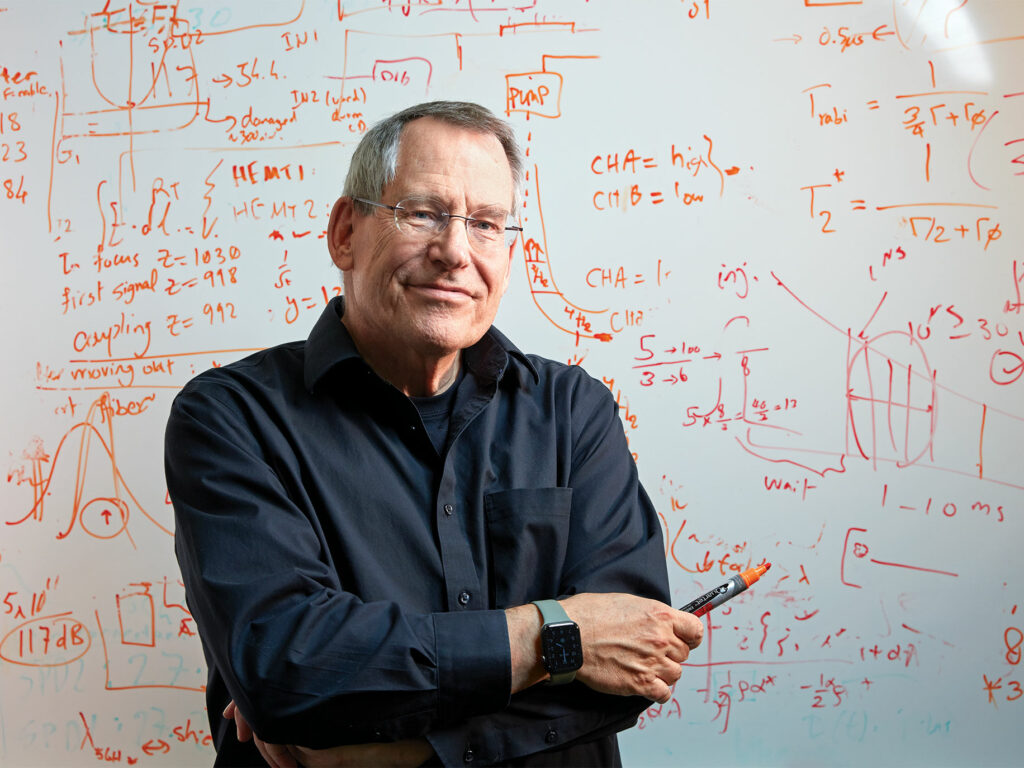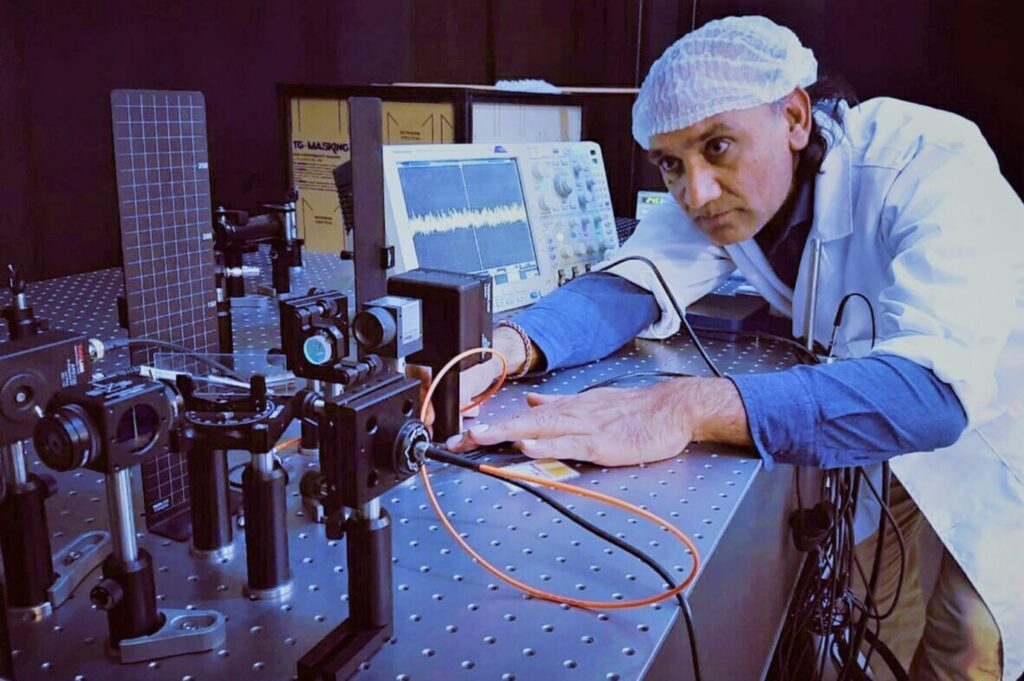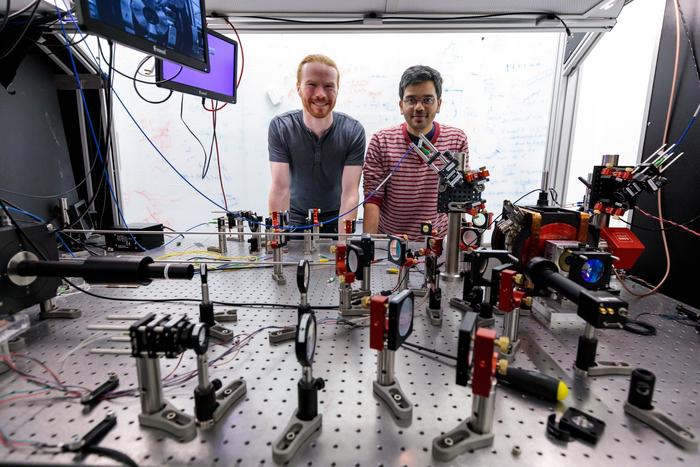Insider Brief
- Orientum published a paper comparing quantum algorithms for financial problems on certain quantum computing modalities.
- The study was published on the pre-print server ArXiv.
- The scientists examined the performance in IonQ (ion trap) and IBM (superconducting) quantum computers.
PRESS RELEASE — Orientum received attention from academia by publishing ‘Comparative Study of Quantum-Circuit Scalability in a Financial Problem’, which was recently published on ArXiv.
This paper analyzes how the algorithm will change in various quantum computers and found that ion trap quantum computer may require significantly fewer entangled gates than a superconductor quantum computer.
In particular, this paper analyzes how the gates required to construct QAE are decomposed in theoretical trap-based quantum computers and superconductor-based quantum computers, and the characteristics of each quantum platform in QAE used in financial calculations.
Korea’s first quantum finance algorithm announced

Quantum computers are information processing machines with calculation units that use quantum effects, and their applications are expanding. A quantum algorithm used in finance is the quantum amplitude estimation (QAE) algorithm.

The quantum state with the amplified amplitude is passed to the stage of quantum phase estimation (QPE). In the QPE stage, an approximation to the eigenvalues related to the prepared state can be obtained. By performing simple operations on these eigenvalues, the amplitude of the quantum state of the prepared problem can be approximated.
Orientum researcher Heo Jae-woong said the research area he focused on was “the number of gates that create entanglement.” Gates that change the quantum state are considered difficult to implement, but gates that create entanglement are considered the main cause of increasing the error rate of quantum computers due to their difficulty.
In the QAE circuit that measures the price of the US Treasury Bill, an ion trap quantum computer was analyzed to require significantly fewer entangled gates than a superconductor quantum computer.
This is due to how the ion trap quantum computer and the superconductor quantum computer create entanglement and how the qubits are connected. In particular, this phenomenon became more noticeable as the number of qubits increased, and for the accuracy of the QAE algorithm, the number of qubits must increase. This appears to be an important fact in financial calculations that require rigor.
Professor Lee Moon-joo of POSTECH’s Department of Electrical and Electronic Engineering said, “The ion trap quantum computer showed superior calculation performance for certain quantum finance problems than the superconductivity-based system.”
Orientum (CEO Seung-Hyun Bang) said, “As the quantum computer ecosystem develops, users will be able to optimize their use by reviewing resources that suit them. “In an environment where there are multiple systems such as superconductor quantum computers and ion trap quantum computers, this paper will be a paper that considers which system would be advantageous to use depending on the nature of the problem the user has, especially from a financial perspective.”
For a deeper dive, please review the paper on ArXiv.
For more market insights, check out our latest quantum computing news here.



















